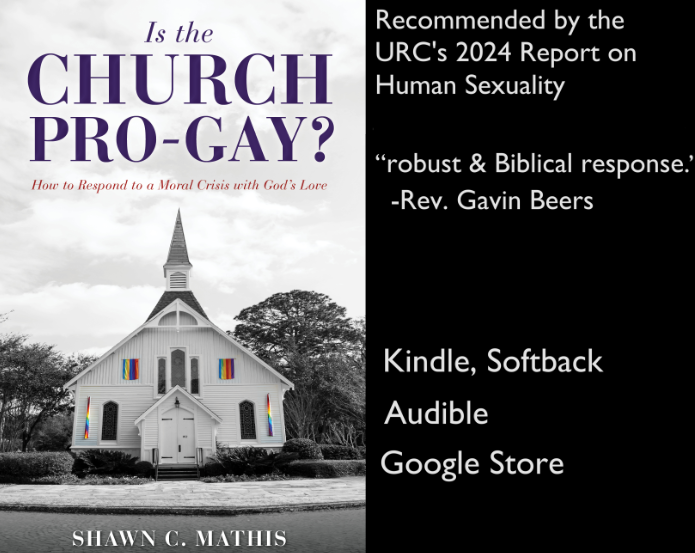There are series of jokes passed around on the internet from time to time:
You know your are a homeschooler when…
Your teacher wears PJs.
Your stacks of books to check out is taller than the librarian.
Your first real date is on your honeymoon.
You thought Meatloaf, Red Hot Chili Peppers and the Cranberries were types of food.
These one-liners described me to a tee (except the PJ line). And I was never homeschooled.
This significant fact explains why some of Kathryn Joyce’s article, Homeschool Apostates, rang true to my soul. I was like Heather Doney: socially isolated, saturated with religious-talk and lost in the forest of pop-culture allusions. But instead of fearing the demonic influences of Teenage Mutant Ninja Turtles (we had no TV), we were taught the evils of Cabbage Patch Dolls.
The word for this in Christian theology is legalism.
Unfortunately, the author does not use that word. She uses the less helpful descriptive word, fundamentalist. She readily blends extremists’ views and illustrations with the “right” in contrast to the “mainstream evangelicals.” This lack of proper distinction easily leads unsuspecting readers into lumping all the madness portrayed as the essence of everything to the right of the undefined “mainstream.”
But in spite of this weakness, the article may wake up some homeschoolers to the physical and spiritual abuses in their midst. Such abuses are not unique to homeschooling to be sure. These abuses arise from various causes, even ones I cannot imagine. But I believe a widespread root problem is legalism.
The air of legalism is fear. And the atmosphere painted in the article was fear. Her vivid stories display households drenched in fear: the fear of parents and children losing their souls because they are not obedient enough.
It is a fear I am all too familiar with. By God’s grace, such fear was never from physical or emotional abuse from my parents. But my family wrestled with a performance-based religion taught from the pulpit, sung in songs and promoted in books.
The article painted another important fact: the additional burden of being the newly christened Joshua Generation. I first ran across this term in a book I am reviewing, entitled Take Back the Land. The author unashamedly declares: “I believe that you [young homeschoolers] will lead America into decades of revival and national reformation. If you don’t, there is little hope for our country. A lot depends on you.”
Spiritual abuse, in the form of legalism, is a big problem. But the additional burden of being a chosen generation must be unbearable.
Joyce’s essay will not be welcomed by some. But I already know first generation homeschoolers who have read it thoughtfully. I think it resonates with some of them like it did with me. As a pastor, my hope is that the de facto homeschooling leaders will be as open as HSLDA’s Darren Jones.
Whatever the outcome of the publishing of Joyce’s article, I know it has helped me better understand. And, Lord willing, the essay will one day help my homeschooled daughter appreciate a mature love of Christ that casts out fear.





